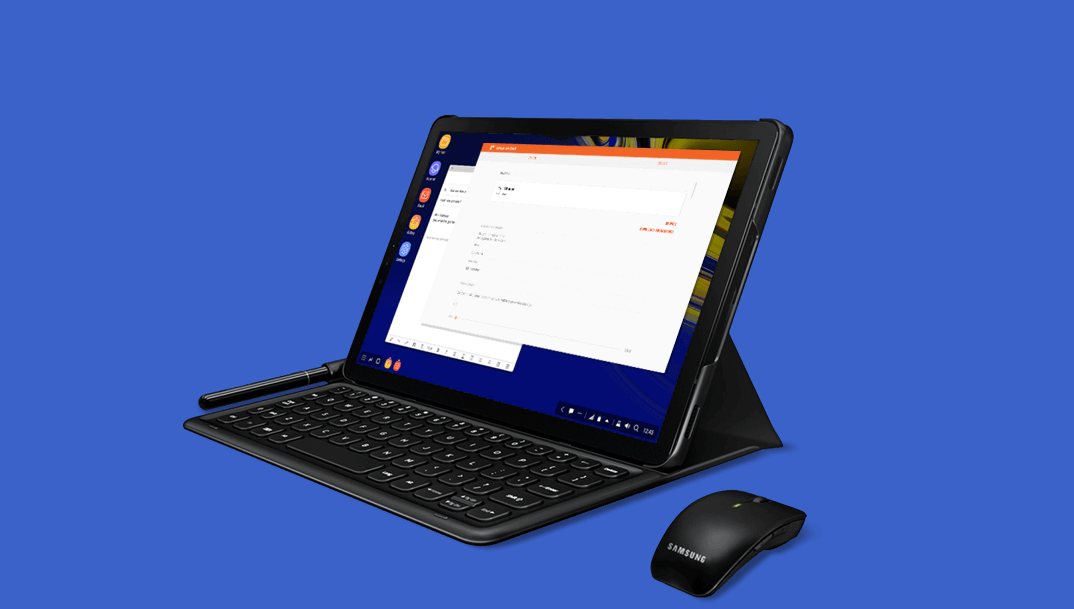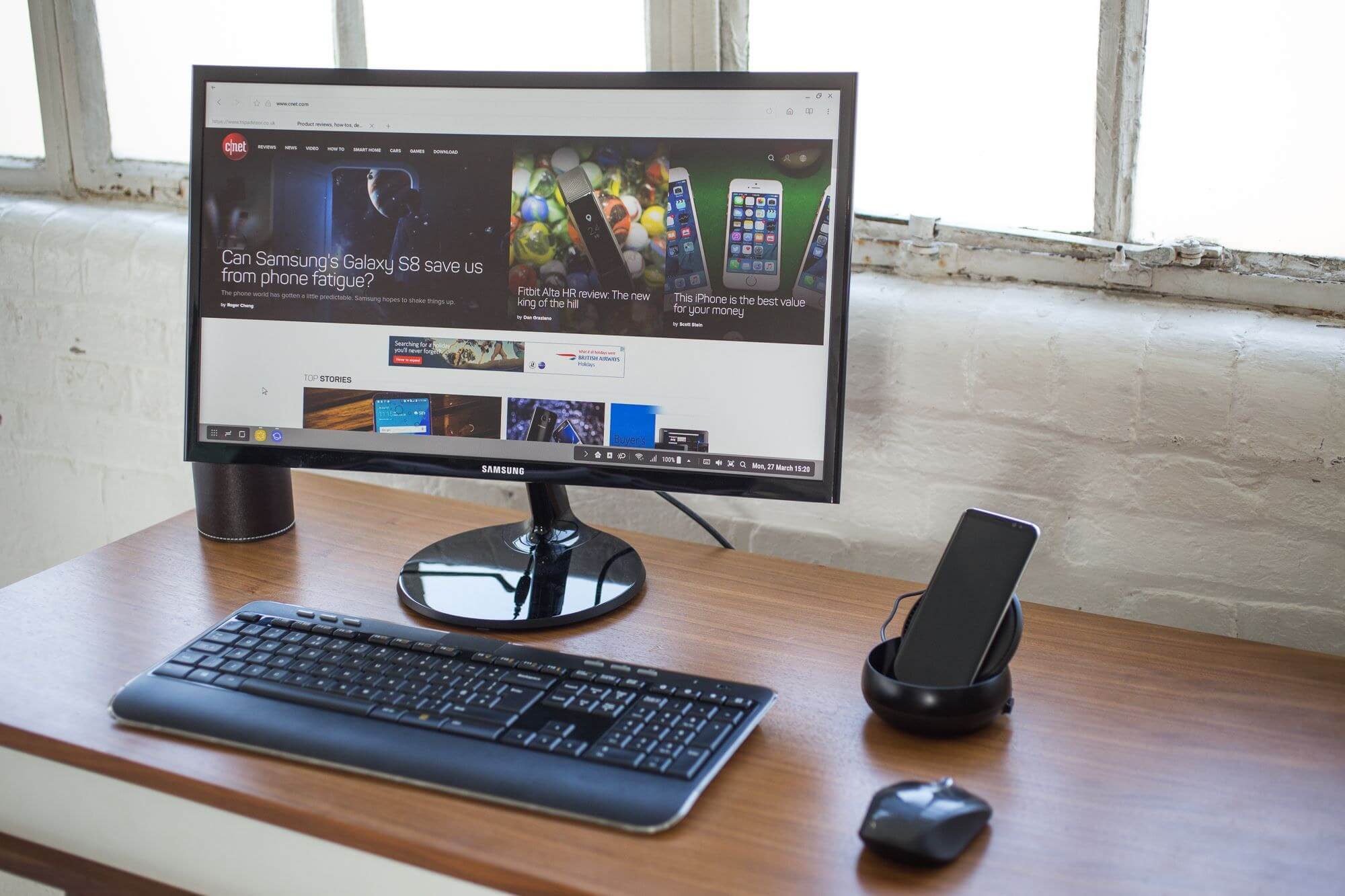In context: Almost exactly one year ago, Samsung announced it was working on an app called Linux on DeX (DeX is that gimmicky app/dock combo that got mediocre reviews). This was supposed to allow users to run Linux distros on their phone, which would seem to create a more PC-like experience --- at least in theory.
It looks as if Linux on DeX is almost ready. On Friday Samsung launched the private beta for the app. If you signed up for alerts when it was announced last year, you should have already received an email to allow you to register for the beta.
If you did not receive an email or were not on Samsung's mailing list, you can still register through its website. You have until December 14 to sign up. Once you are registered, you will receive instruction on how to download the Linux on DeX app. It may take a few days to receive the followup email, so be patient.
For now, the app only supports the Galaxy Note 9 and the Galaxy Tab S4. When Samsung initially announced the app, it seemed that it would be available to the then-new Galaxy S8 and Note 8, but it is unclear at this point whether the app will be opened up for any other Samsung devices.

As far as distros go, I hope you like Ubuntu. At this time the Linux on DeX app only supports Ubuntu 16.04 LTS. Your device also needs to have at least 8GB of free storage space and 4GB RAM.
There is one caveat to all of this though. The app only supports Linux programs that are designed with the ARM 64-bit architecture in mind. At this point, it is unclear exactly how many apps that may be.
Under a heading "What can I do with Linux on Dex," Samsung states, "[You can] Download your source code from Git repository and maintain your code base, manage and monitor your server using server CLI, and create C/C++/Java projects using your favorite IDE."
So it doesn't seem that Samsung is targeting the novice Linux user, but that was somewhat indicated in its October 2017 announcement.
I'm not sure that this is going to boost DeX Dock sales at all. I would think that power Linux users are going to prefer using their own rigs over a phone or tablet. We'll have to see where this goes.
